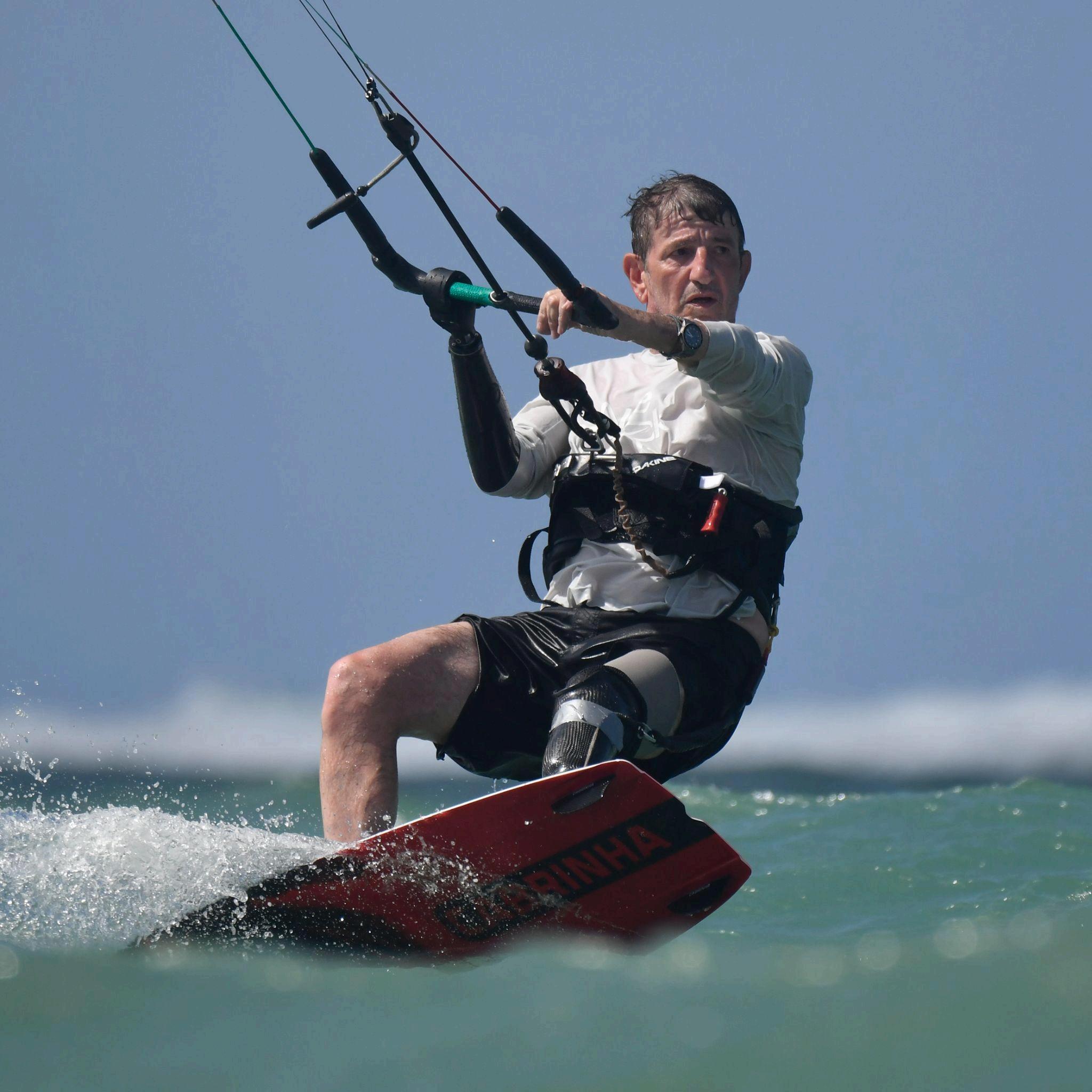Rami Beracha: The Courage to Choose
When There Are No Good Options

Rami Beracha believes that the most challenging conversations aren't the ones where you deliver bad news – they're the ones where you have to make decisions that will inevitably disappoint someone you care about. Every leader, parent, and person with real responsibility eventually faces these moments where all roads lead to some form of pain
I used to think tough decisions were about finding the "least bad" option, like some twisted optimization problem. But that mindset kept me stuck in analysis loops, endlessly weighing pros and cons while real opportunities slipped away The breakthrough came when I realized that tough calls aren't math problems – they're character tests disguised as business decisions.

The paralysis is real, though. When you know your choice will hurt people, disappoint stakeholders, or potentially damage relationships, the temptation to delay becomes overwhelming. More information may emerge. The problem may be solved. Someone else may step up and make the call for you. Spoiler alert: they won't.
What separates people who thrive under pressure from those who crumble isn't some magical ability to see the future. It's learning to act decisively with incomplete information while staying connected to your core values The best decision-makers I know have a clear hierarchy of what matters most to them, which makes even impossible choices slightly less impossible.

The aftermath is where most people stumble. After making a tough call, there's this natural tendency to either become defensive about your choice or spiral into regret about the paths not taken. Both reactions are energy vampires that prevent you from focusing on what truly matters: executing your decision effectively and adapting to new information as it emerges.
Here's something nobody talks about: making tough calls gets easier with practice, but it never stops being emotionally taxing. The weight of responsibility doesn't disappear – you get better at carrying it You develop thicker skin, stronger support systems, and clearer decision-making frameworks that help you move faster when pressure mounts.

The irony is that avoiding tough decisions doesn't protect you from their consequences. Indecision is still a decision – usually the worst possible one Markets don't wait for you to feel ready Opportunities don't pause while you gather more data Life keeps moving whether you're driving the bus or just along for the ride.


The courage to choose when there are no good options isn't about being fearless; it's about being resolute. It's about being afraid and choosing anyway, because someone has to, and that someone might as well be you

